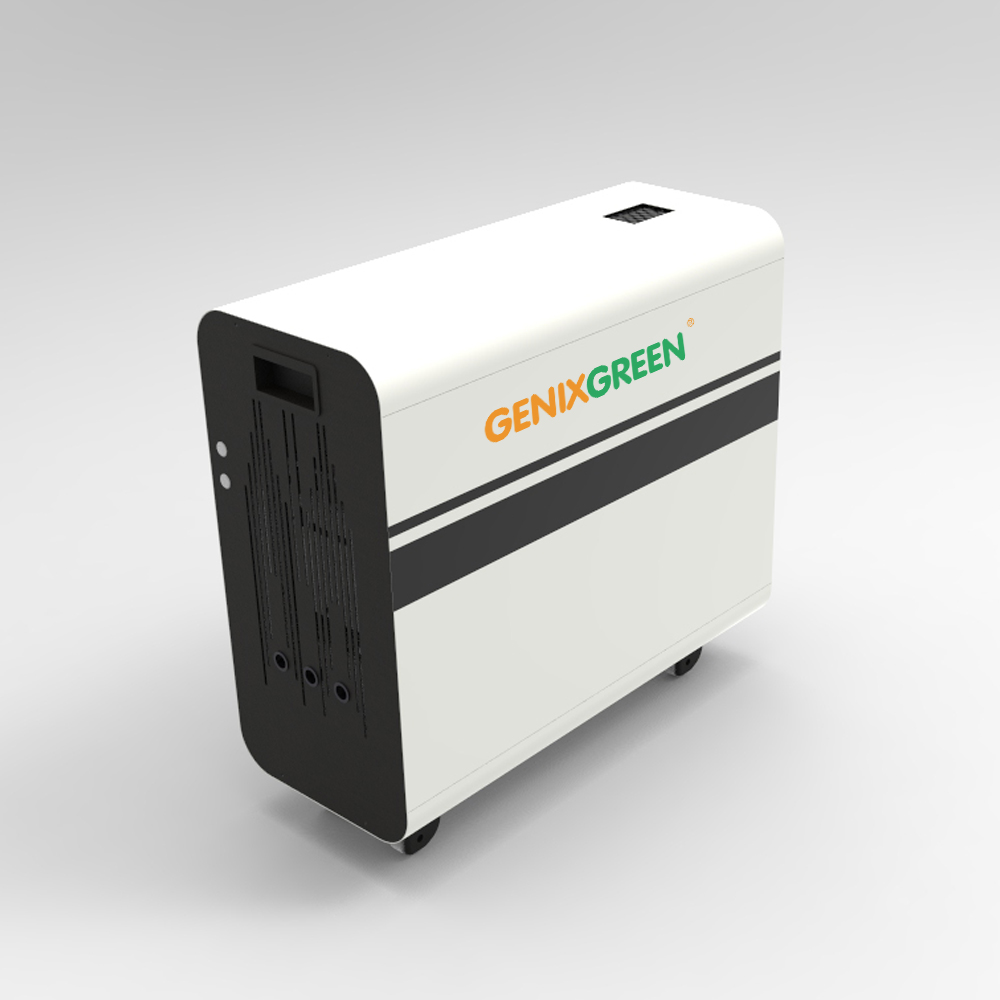Before using any battery, it is always good to explore the advantages it offers you. This will help you determine if the battery is right for your application.
Lithium batteries are known for their stable, long-lasting and reliable power. They have a very high energy density compared to NiMH batteries. Therefore, this also means they have a high power capacity. Because of their high energy density, they can be used in devices that require high power requirements, such as cell phones, laptops and computers. In short, Li-ion batteries can carry more power per gram than NiMH AA batteries.
Lithium batteries are typically lighter and weigh less than NiMH batteries. This is a big advantage or benefit that contributes to its use in many portable consumer electronic devices such as smartphones and laptops.
Lithium batteries have significantly lower self-discharge compared to NiMH batteries. As a result, you can use them in low-current devices such as watches and clocks. They can easily handle multiple charge and discharge cycles. As a result, they have a longer shelf life. In addition, these batteries are much faster to recharge compared to NiMH batteries.
Compared to any battery technology, lithium-ion batteries do not require any maintenance to ensure their performance. Other technologies such as NiMH batteries require discharge to prevent memory effects.

NiMH AA batteries have less active material than lithium-ion batteries. If overcharged or short-circuited, they can burst. However, this is nothing if we compare it with lithium-ion batteries that explode. They are more environmentally friendly compared to Li-Ion batteries.
Fully discharging means you can reduce them to zero charge, if you can do so. Nonetheless, they will still charge. One thing you should be careful of is not to let them encounter reverse polarity or you will damage the battery.
NiMH uses standard sizes, which is why these batteries are compatible with almost all devices that use sizes like AA.
Every item has its drawbacks, and it's no different when it comes to batteries. So, let's take a quick look at the limitations of LiPo and NiMH AA batteries.
Although the cost of lithium batteries is decreasing, they are still higher compared to NiMH AA batteries.
These batteries contain extremely high levels of reactive materials. They react easily and provide a lot of heat. As a result, there are short circuits in these battery cells.
If a lithium battery is completely discharged, then you will damage the battery. This is why it is always recommended to keep these cells above 50% charge.
Unlike NiMH batteries, LiPo batteries do not come in standard sizes like AA.
NiMH batteries lose most of their charge each month. They have a fairly high self-discharge rate compared to lithium batteries.
Each AA battery can only produce 1.2v compared to a Li-ion battery that can deliver 3.7v.
NiMH batteries will reduce their voltage output at extreme temperatures. Lithium batteries, on the other hand, can handle these temperatures or conditions to such an extent.
You should not use NiMH batteries for low-load devices such as clocks. These batteries will lose their charge quickly through self-discharge. That's why lithium batteries are recommended.
That's all there is to know about LiPo and NiMH AA batteries. Hopefully you now know exactly which is better for your application, Lithium or NiMH technology. Before making a real purchase, look at the pros and cons of both batteries to decide. Considering everything discussed here, it is safe to say that Lithium batteries are superior to NiMH AA batteries. The only major limitation of Li-ion batteries is the cost. This is why many people turn to NiMH AA battery technology. Well, the rest depends on your specific requirements.
